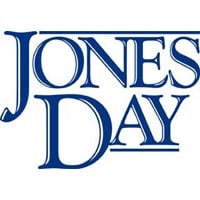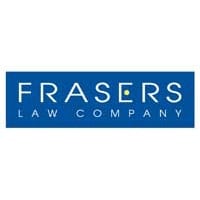
| Enjin




Enjin
Key team members: Oscar Franklin Tan, Isabel Guidote-Pangalangan, Nadaine Tongco-Edades
Does your team make use of interesting tech solutions to streamline its workload?
Enjin Legal uses the same work management software as blockchain product designers and programmers and is intertwined in corporate and product development. This exponentially increases productivity as lawyers are directly part of product workstreams instead of e-mails and memos.
They pioneer more software use than most startup legal teams, including:
Miro, ‘wireframe’ visual design software where lawyers join designers in developing app interfaces and monitor compliance.
Linear, cross-team collaboration and work tracking software based on job “tickets” preferred by programmers, where legal workstreams are joined to product and programming workstreams.
Bitwave, enterprise-grade blockchain accounting and tracking software capable of processing millions of blockchain transfers and mitigating data quality issues, given legal issues are underneath nascent blockchain accounting issues.
Aspire and Spenmo cross-border payments and tracking software, where contract management is integrated into the payment process.
Hubstaff, work tracking and payroll software for remote workers, as part of employment/contractor compliance.
Zendesk, customer support software where lawyers help draft premade customer support scripts and help articles to minimise legal and non-legal queries from individual users.
Could you share an example of a time when you came up with an innovation that improved how your legal team works and did not come at a large expense?
Enjin Legal reduced legal spending by 90% by replacing international legal counsel with domestic and boutique firms, particularly IP and corporate, with internal lawyers providing blockchain domain expertise and global project management. Enjin has a global scope, but only some law firms have blockchain product knowledge. Thus, using international law firms required high spending to brief them on specific product contexts and coordinate domestic counsel. This was demonstrated for routine IP filings and global disputes. Enjin Legal worked with Finnegan (USA) and Hoyng Rokh (EU) to frame strategy, then managed domestic law firms directly to execute IP filings. This is 90% cheaper, with faster turnaround times, than using an international law firm, provided the internal team can manage directly. IP cost management is crucial because NFTs cross multiple trademark categories for software and physical goods such as collectables; for corporate disputes, Enjin Legal works with Drew and Napier for dispute strategy, and the internal team provides blockchain and US securities law input and evidence produced by blockchain explorer records. In one dispute, the opponent’s costs submission showed Enjin spent 60-75% less by not using an international law firm; for routine corporate matters, Enjin Legal does all legal work internally. For example, it would take longer to brief a law firm on blockchain transaction fee-sharing arrangements than to draft this internally.
This arrangement also allows Enjin lawyers to lead commercial and tech integration (in addition to legal) aspects of corporate projects because lawyers develop deep product and domain knowledge paired with deal execution skills.